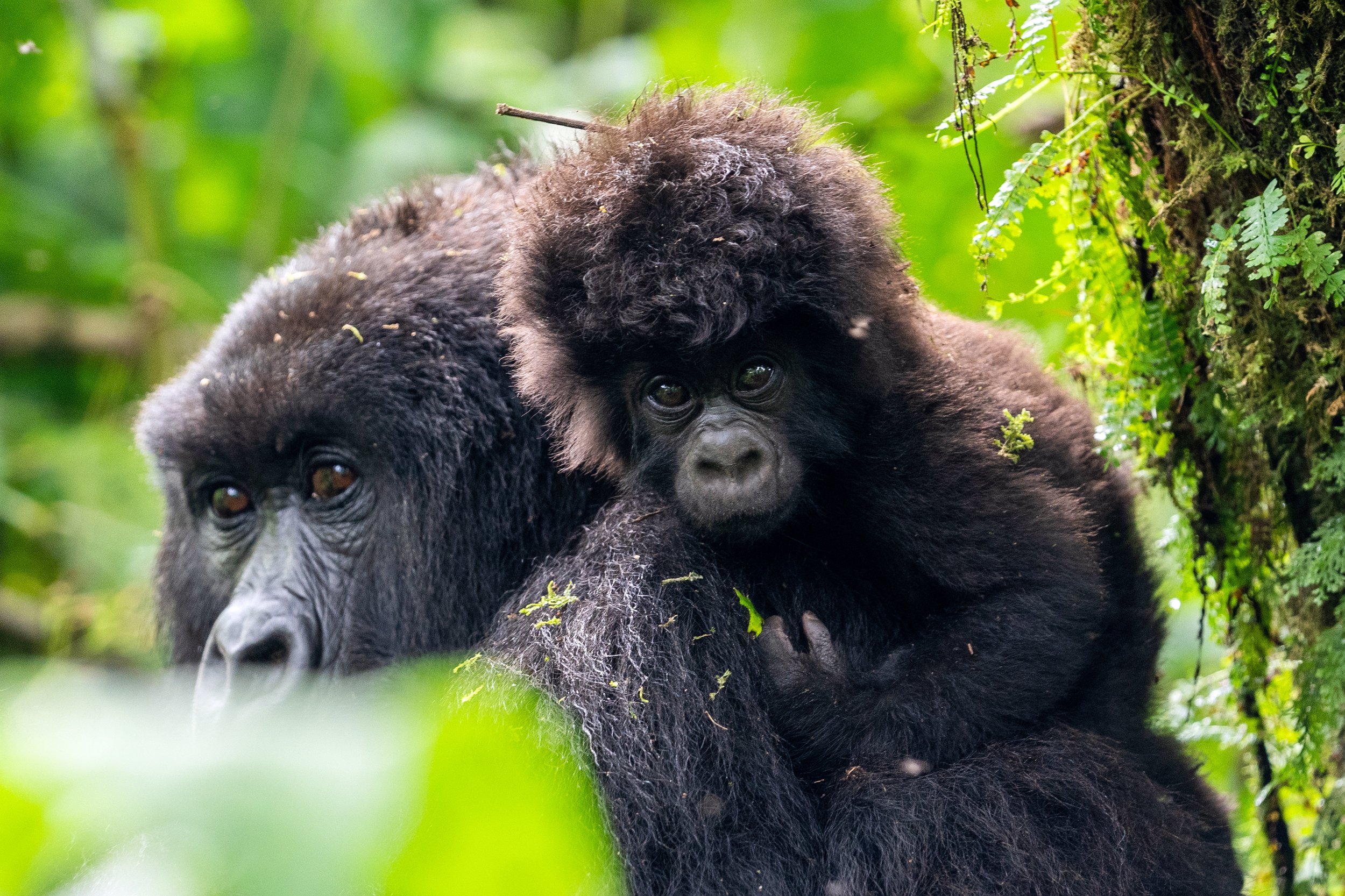UGANDA: Great Apes Trekking: Mountain Gorillas and Chimpanzees (9 days)
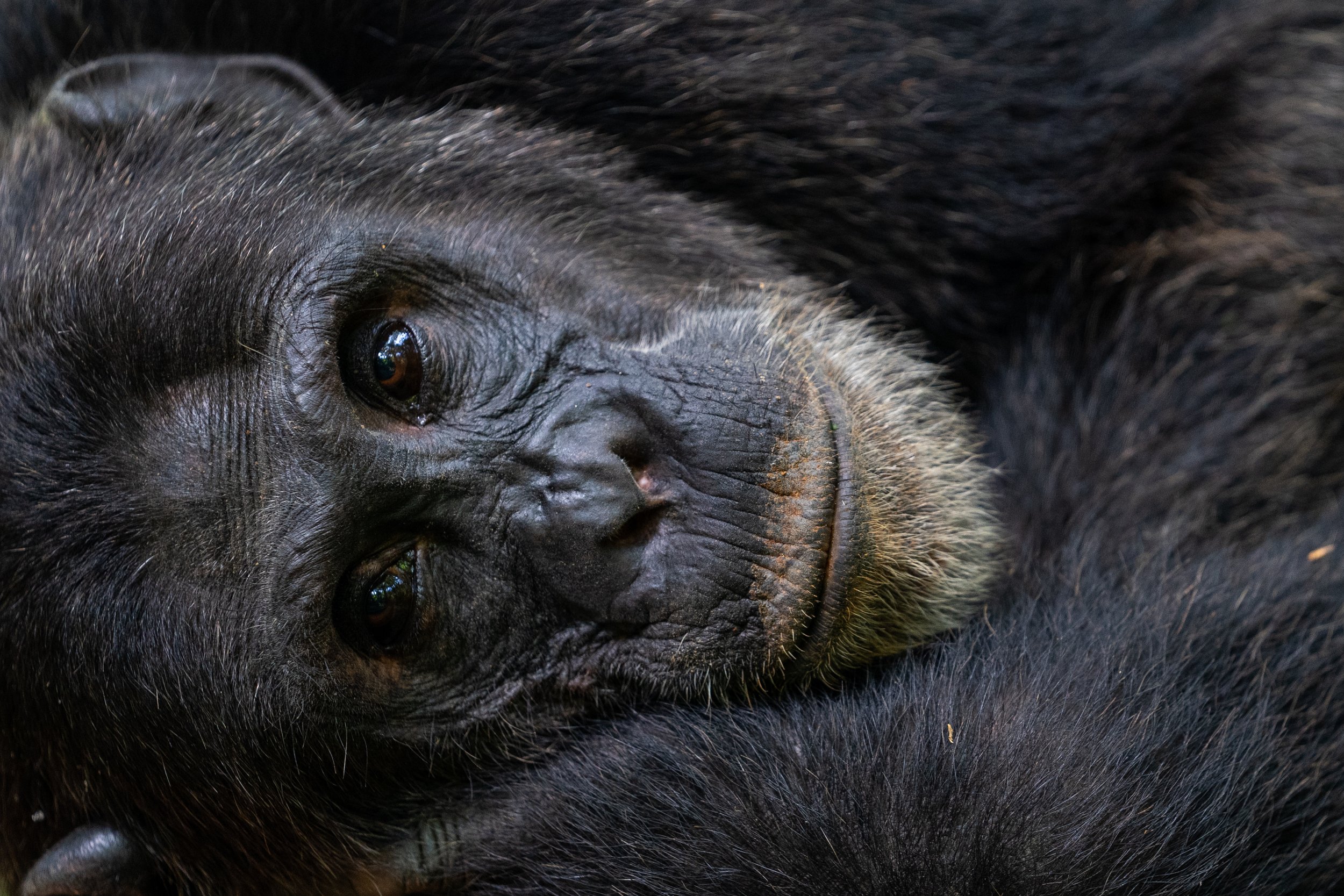
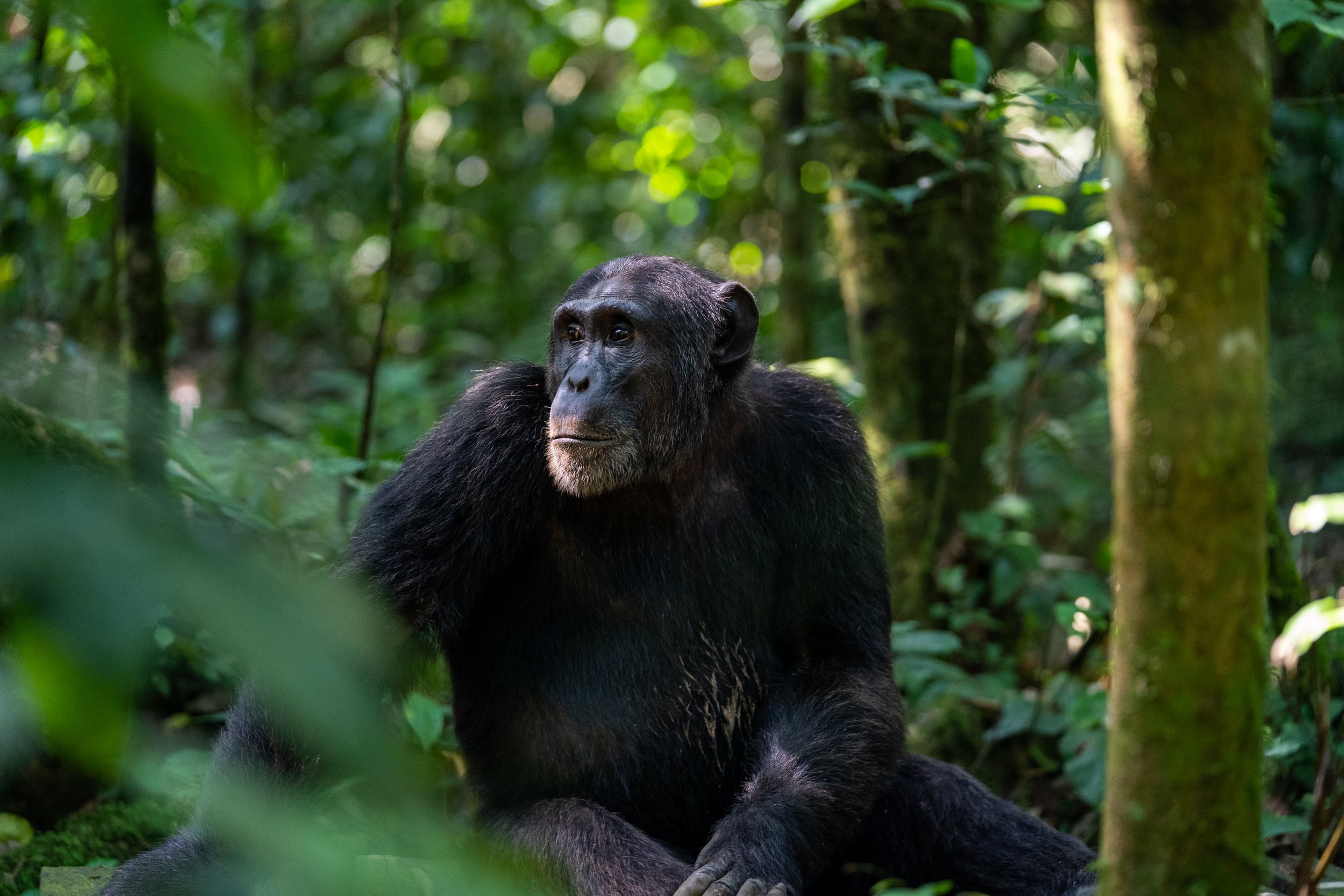
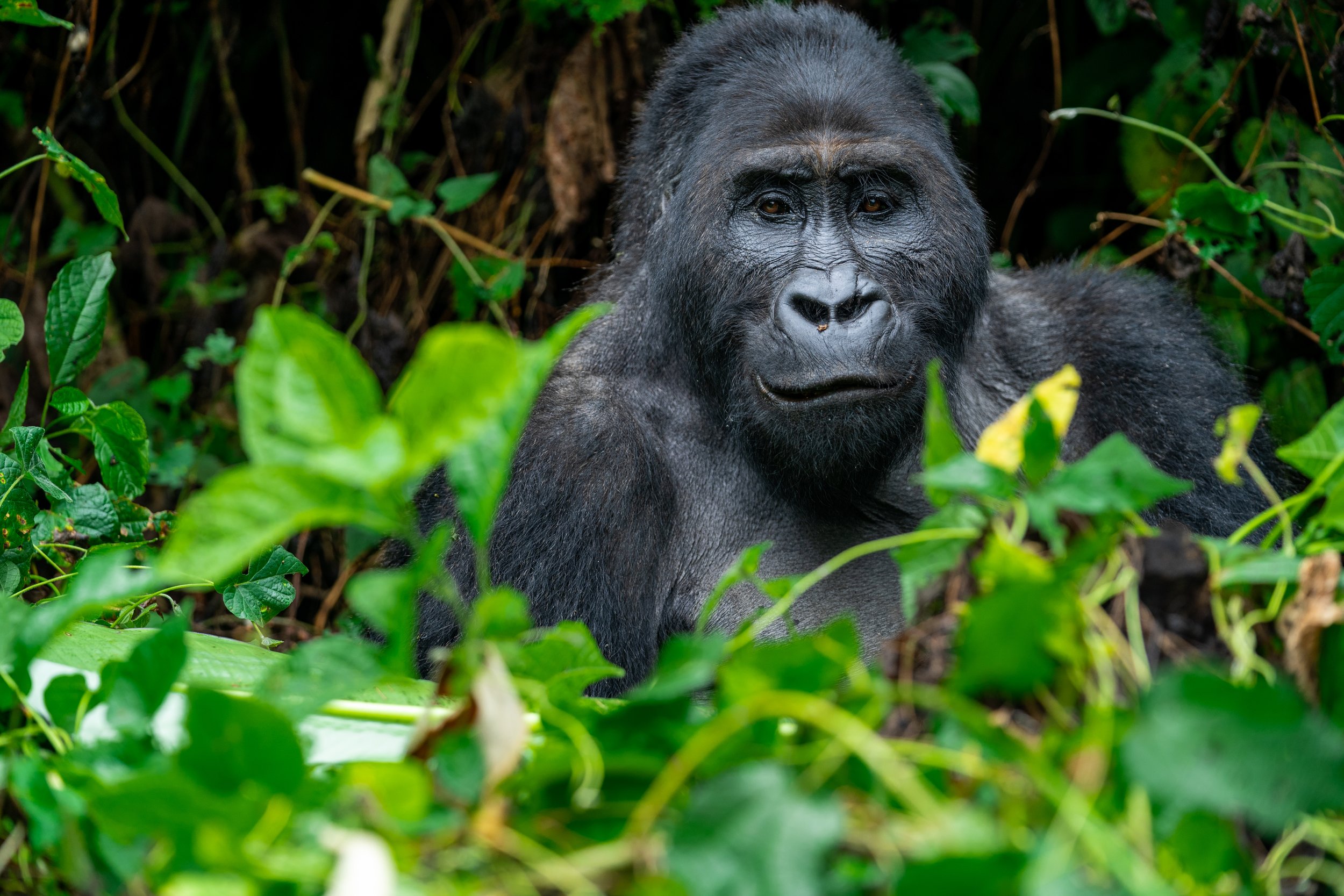
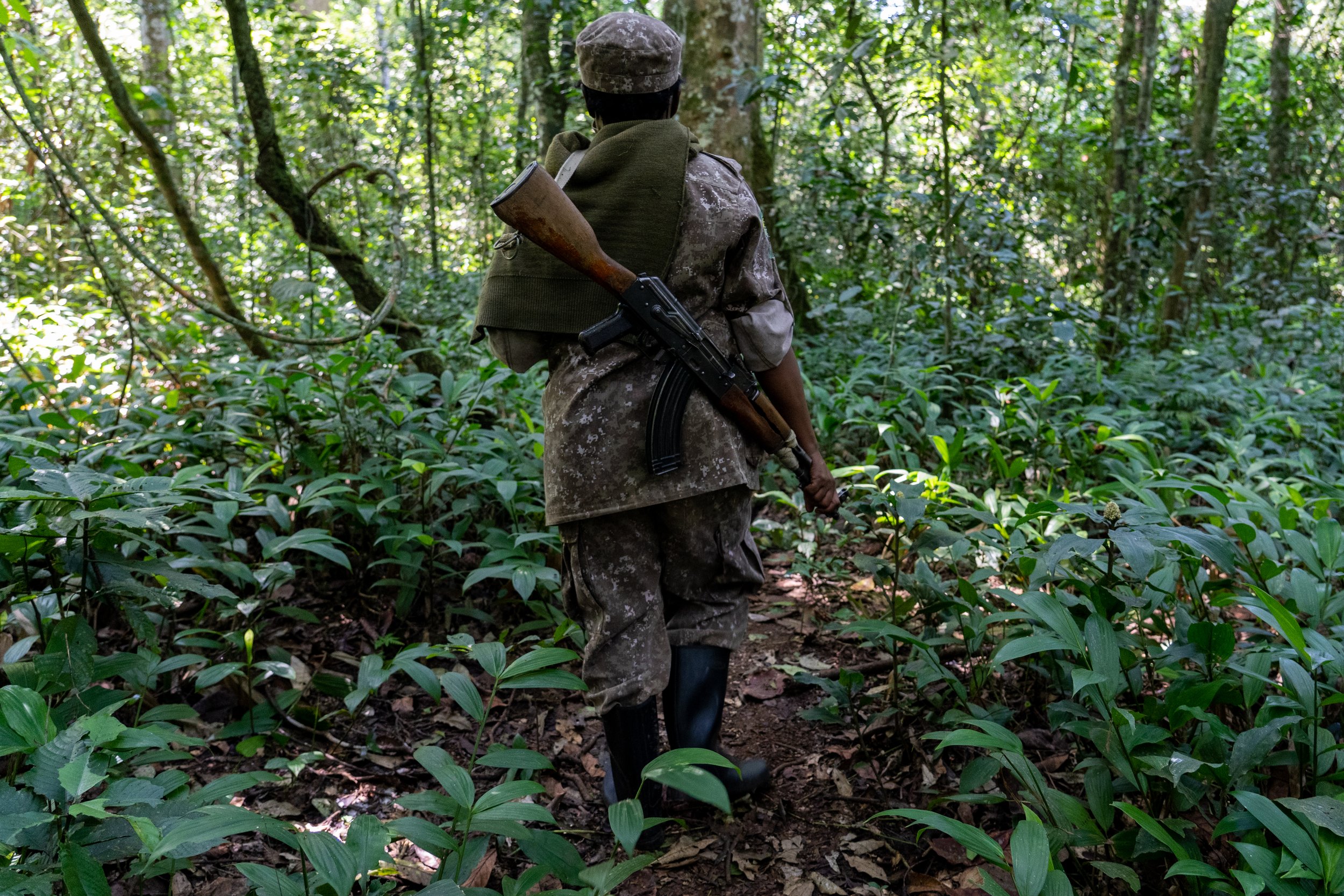
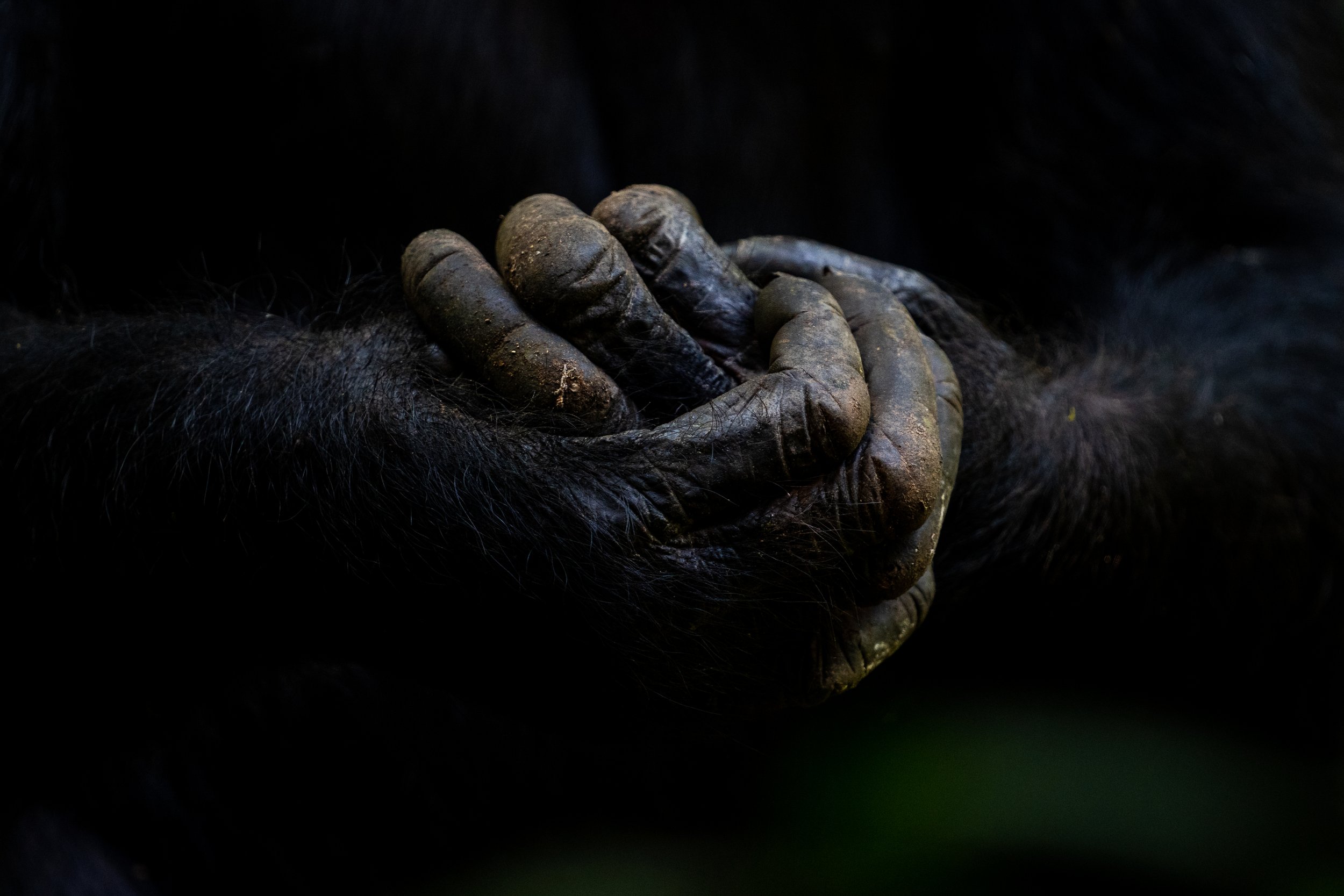
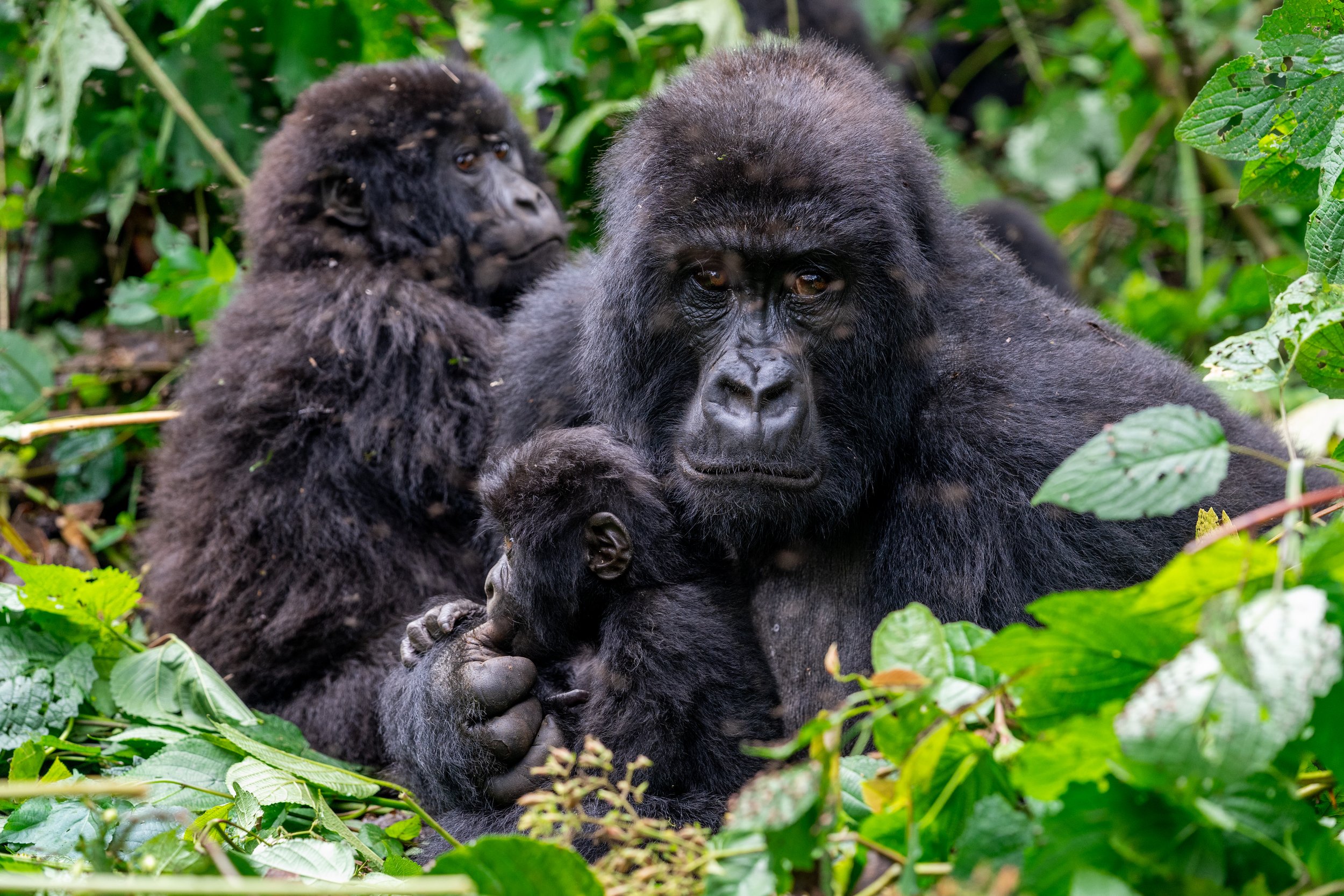
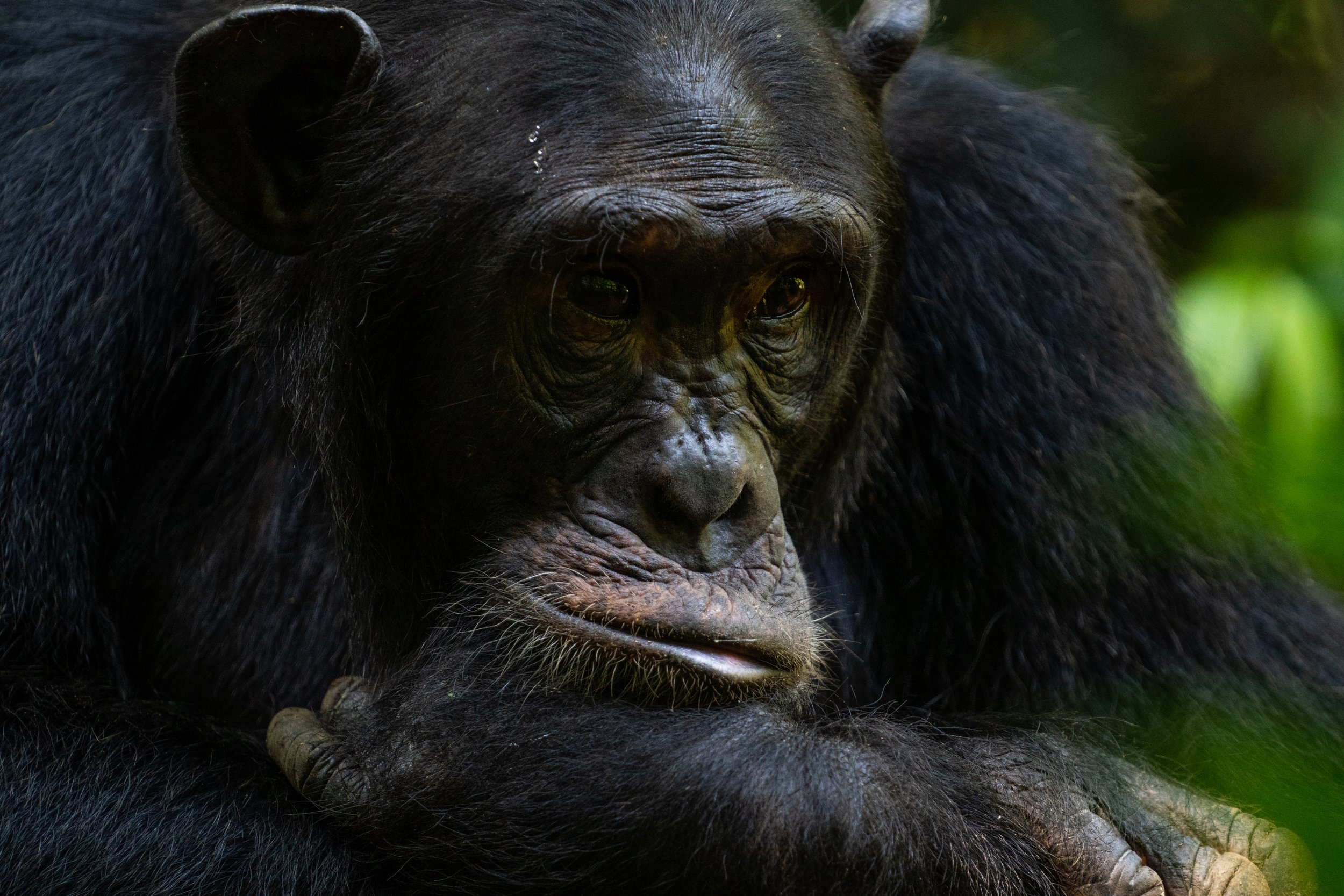
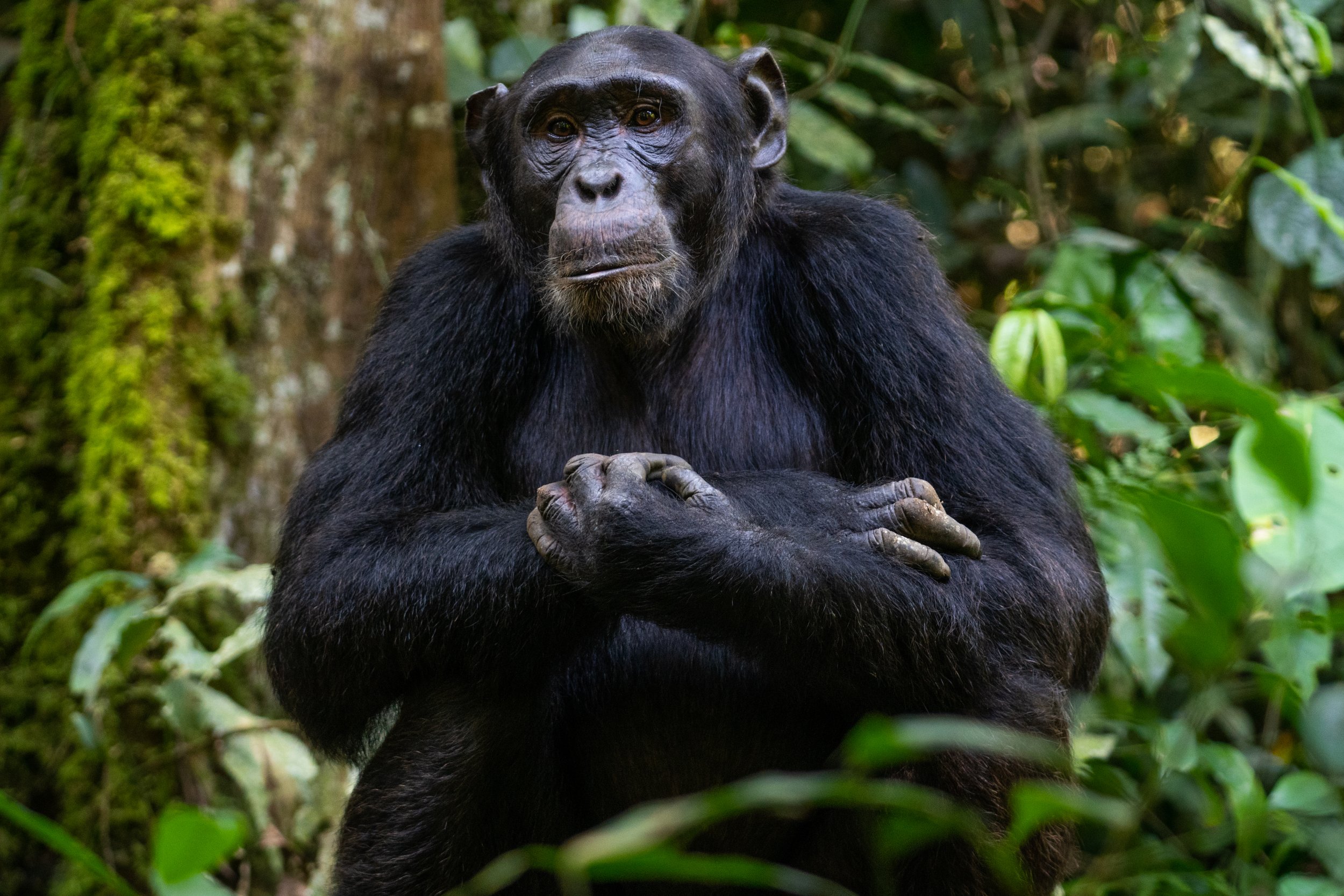
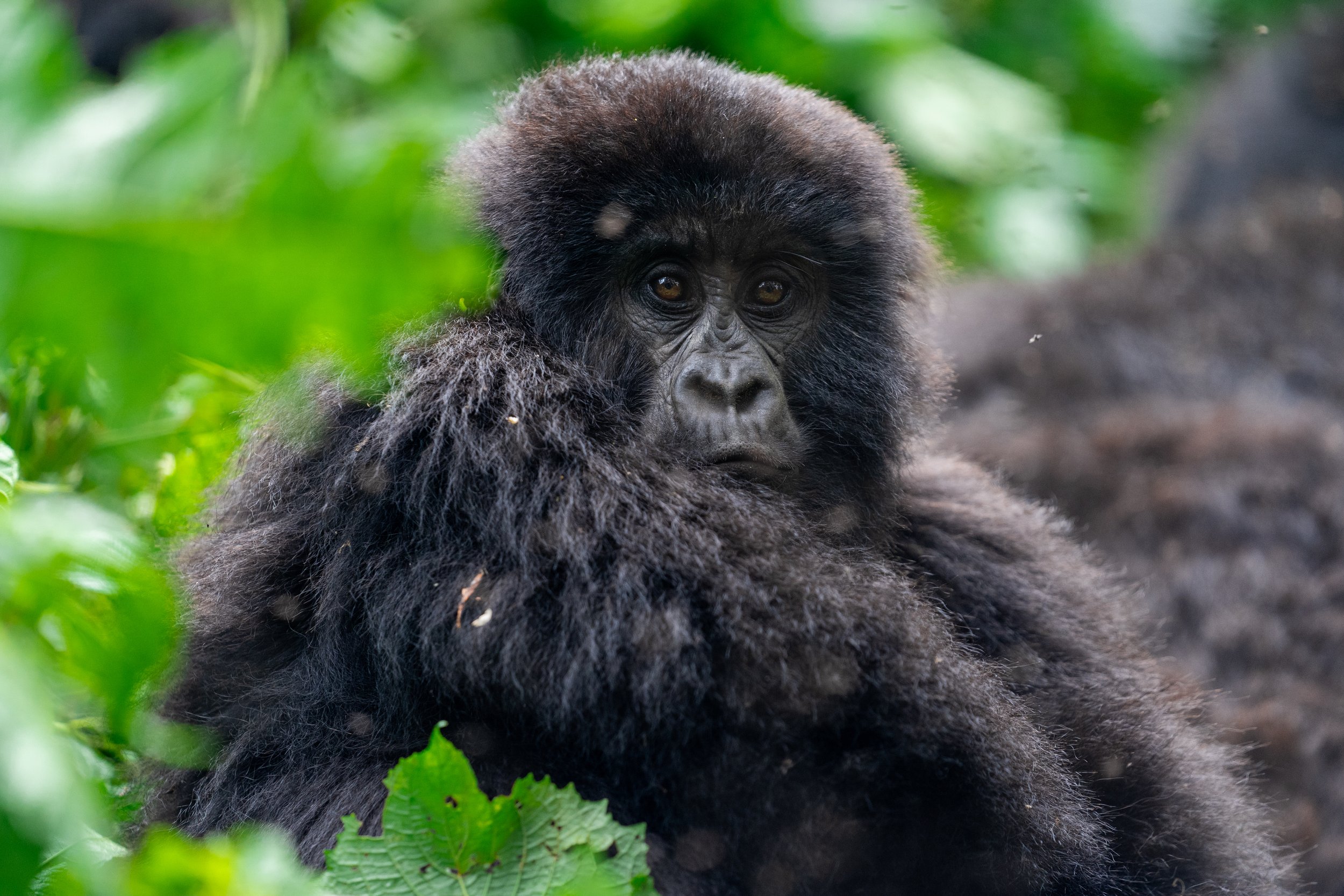
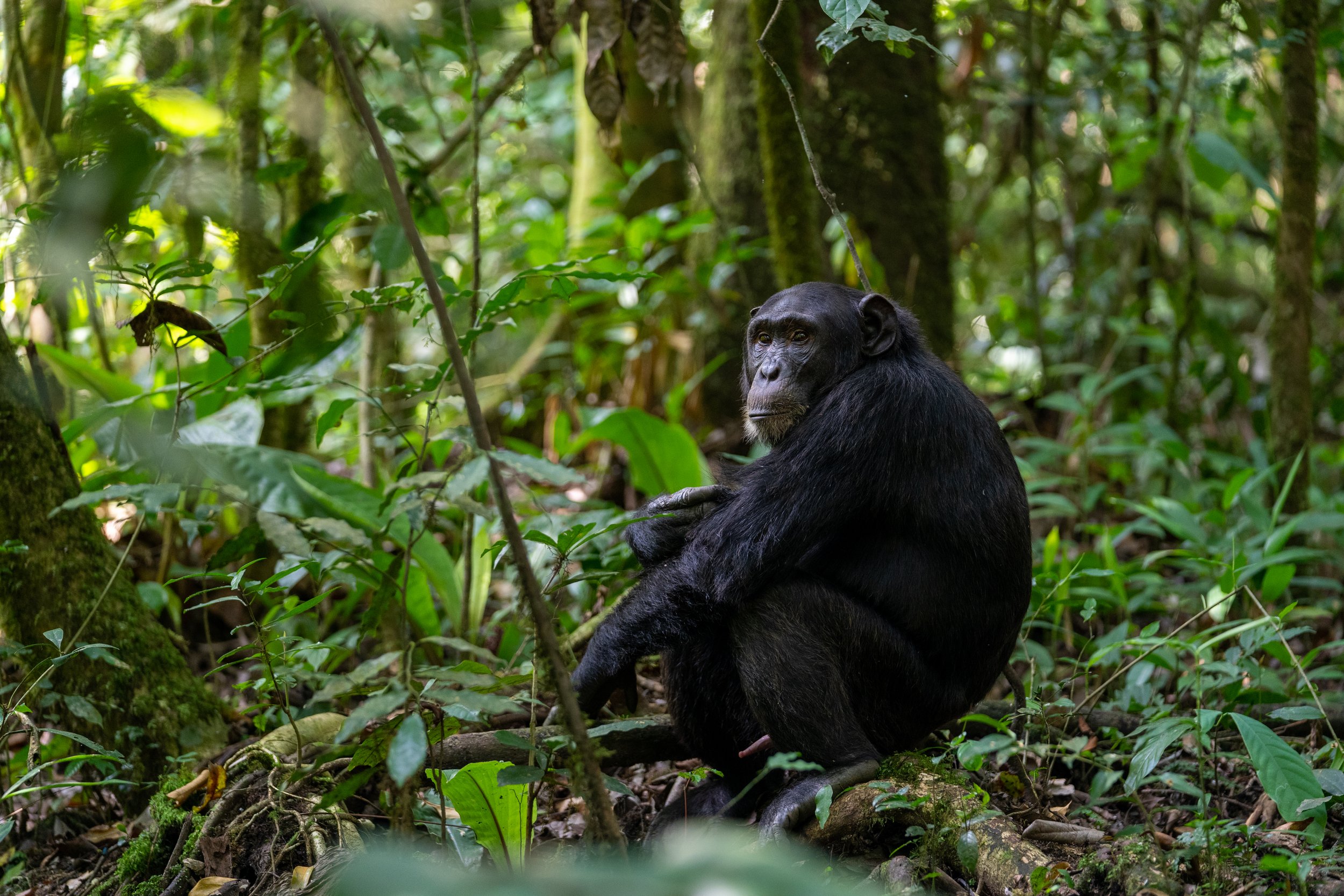
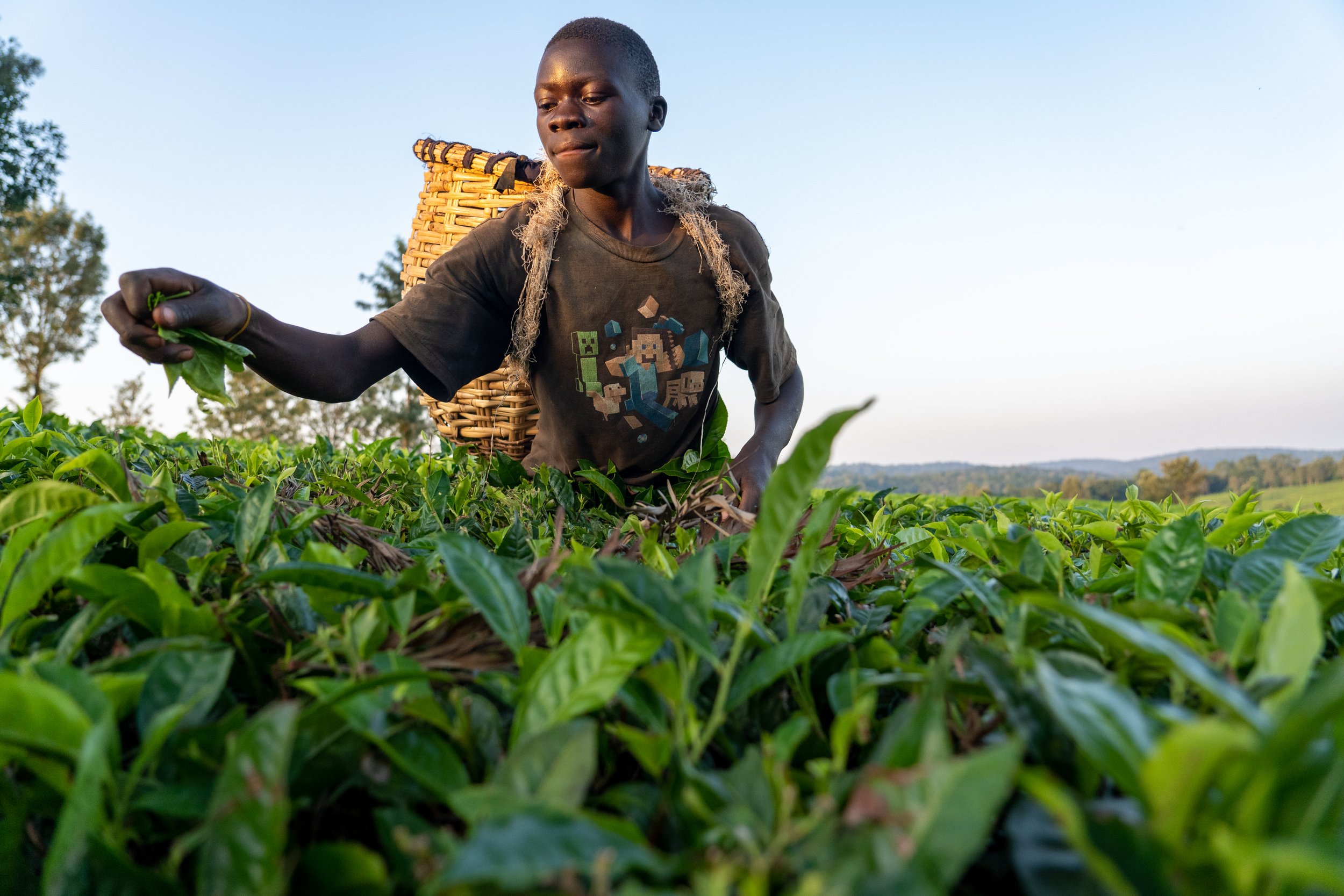
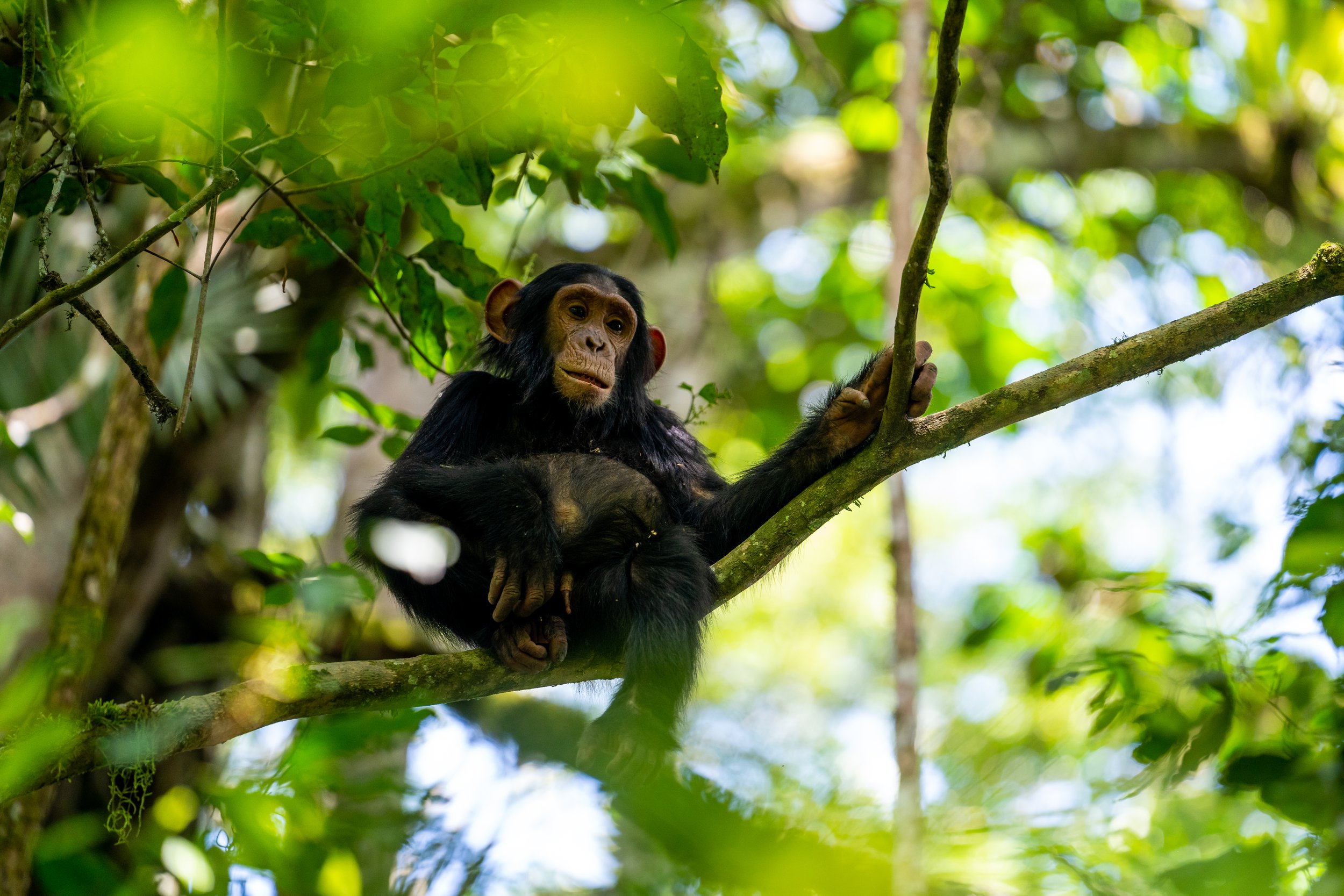
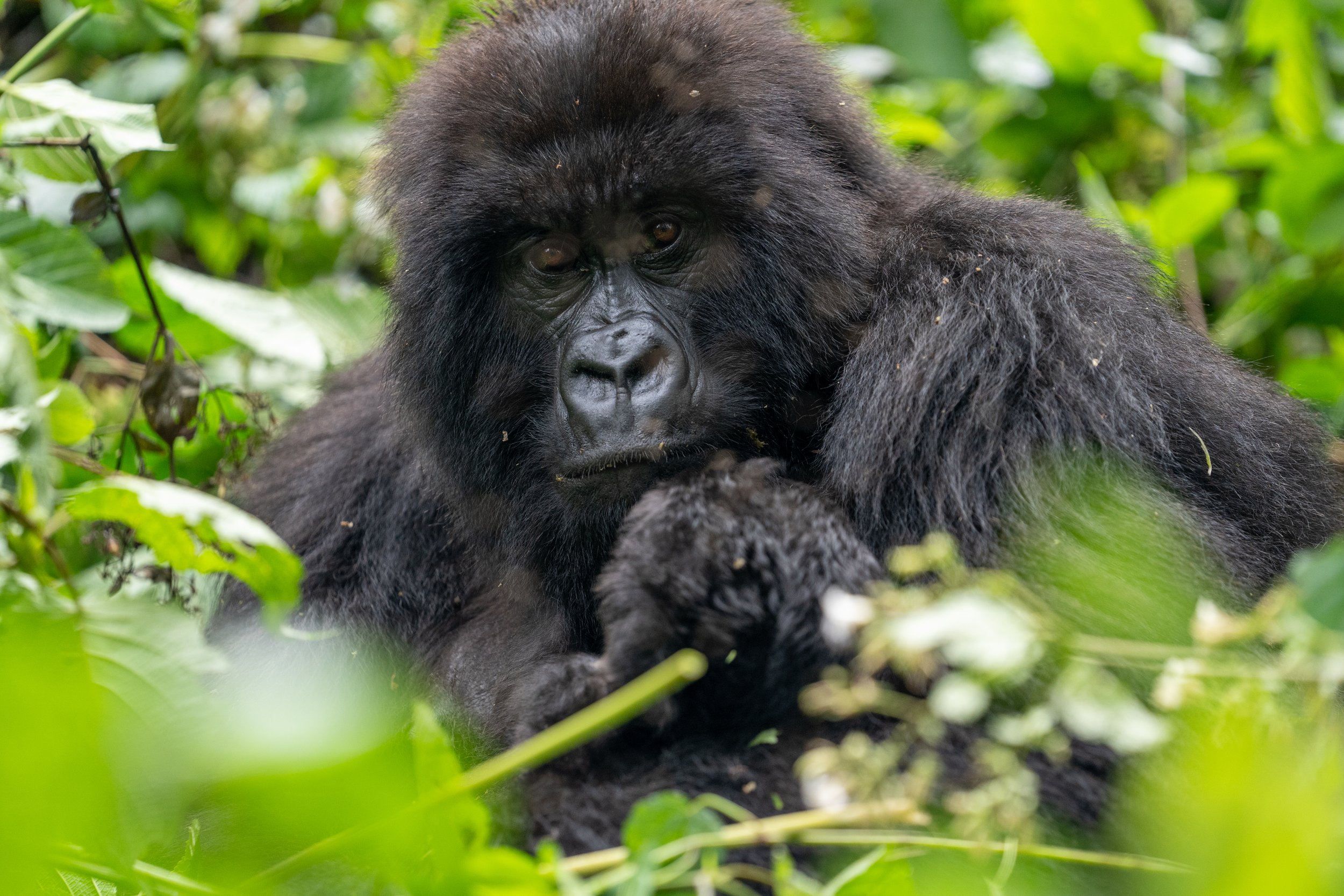
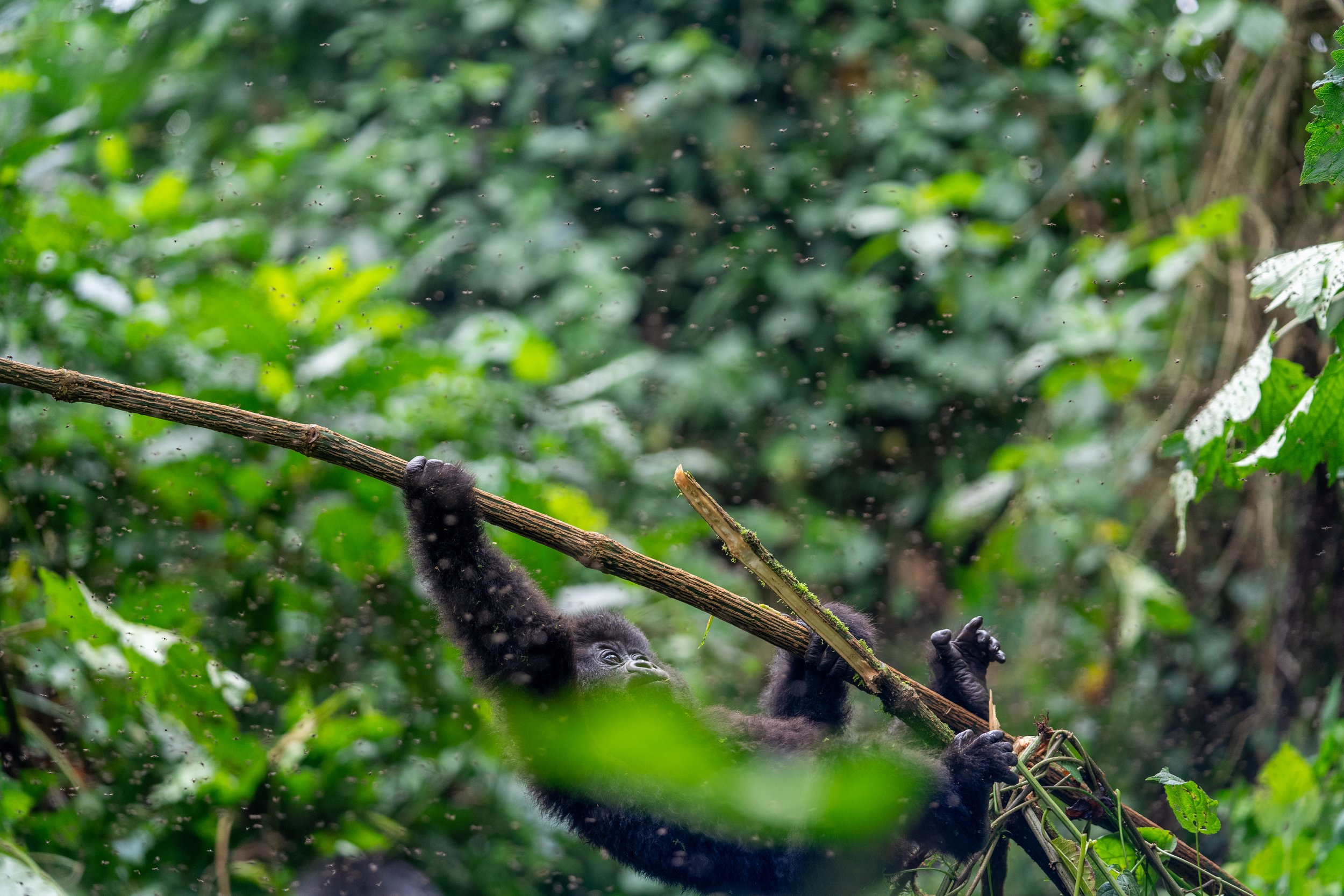
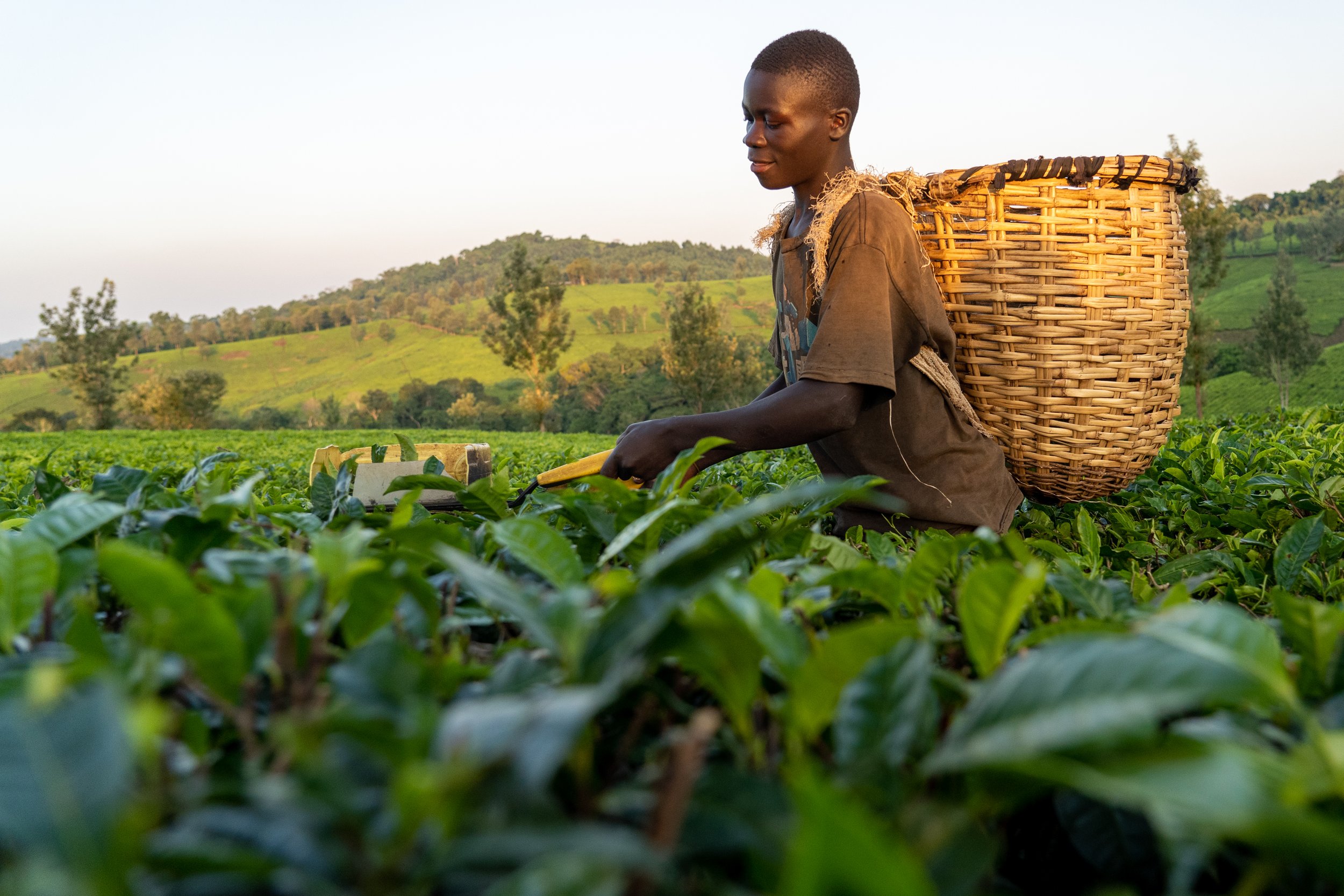
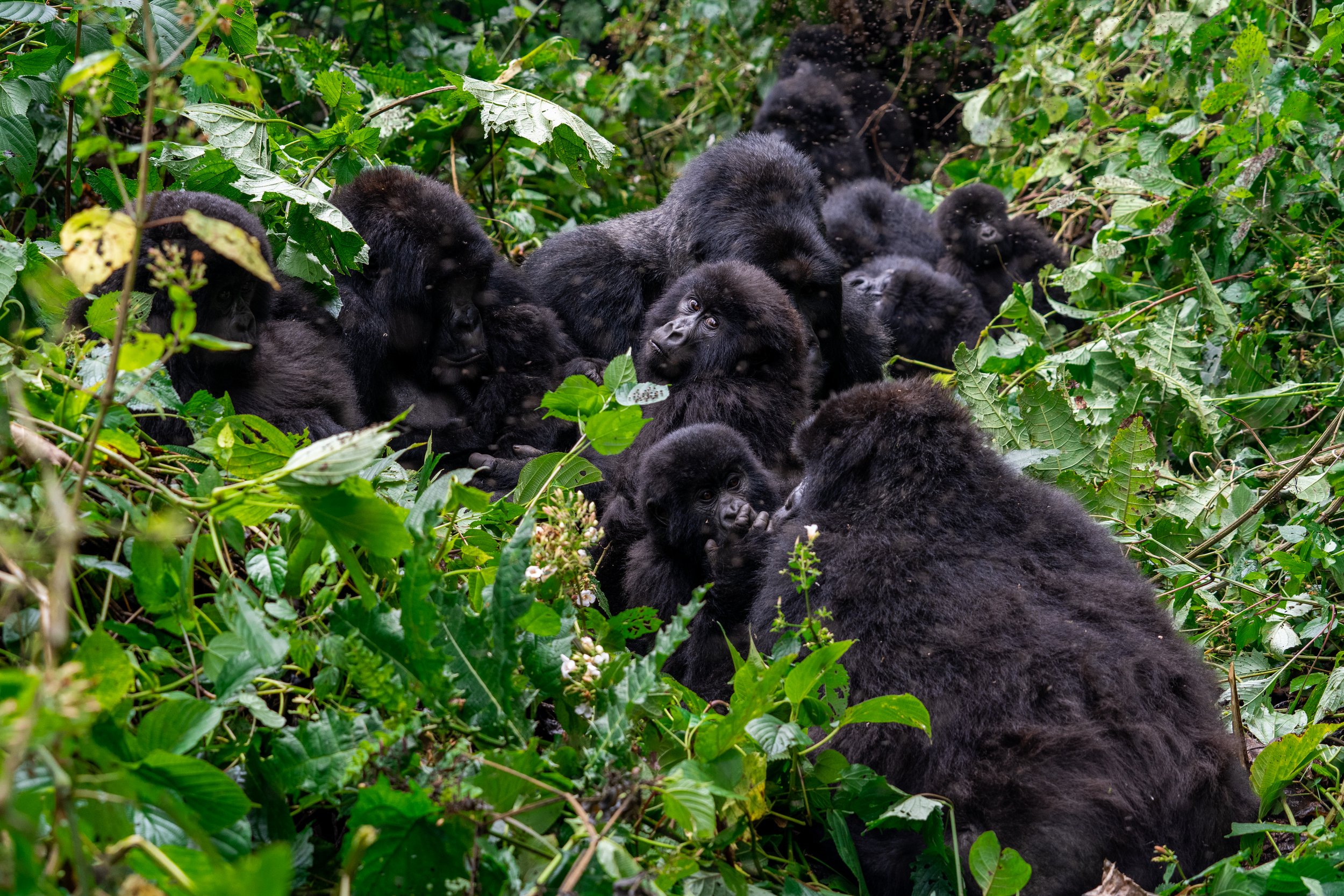
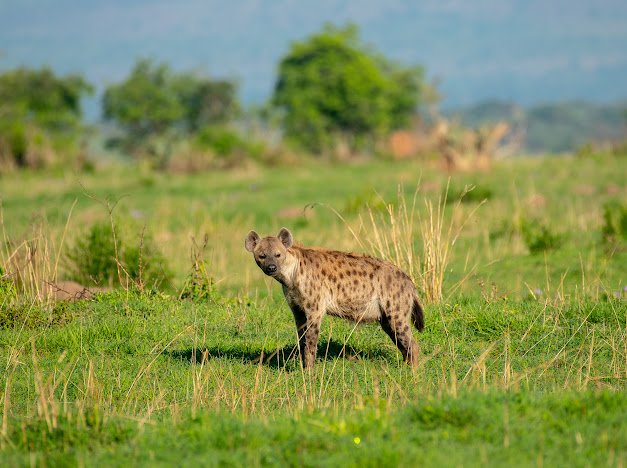
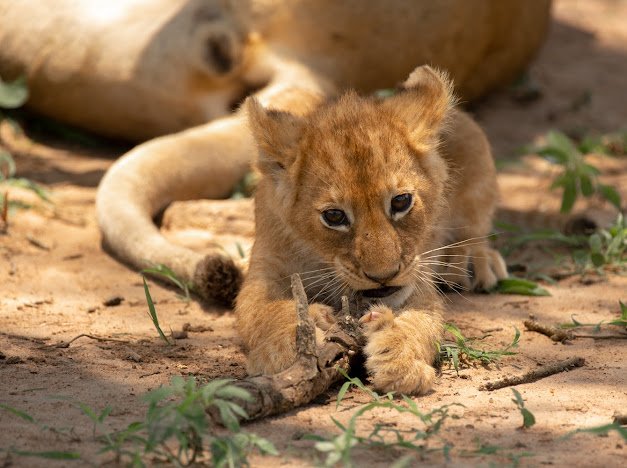
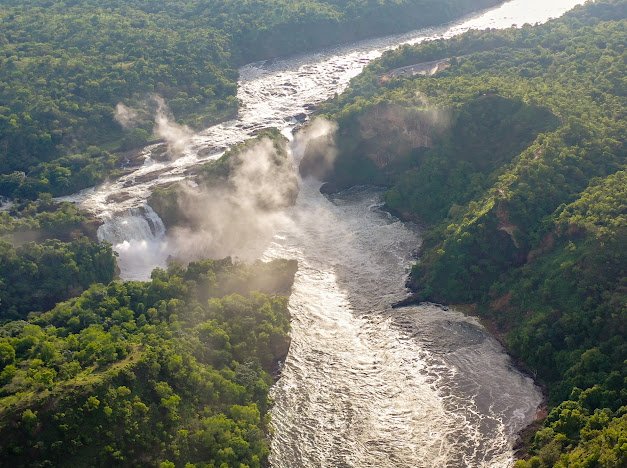
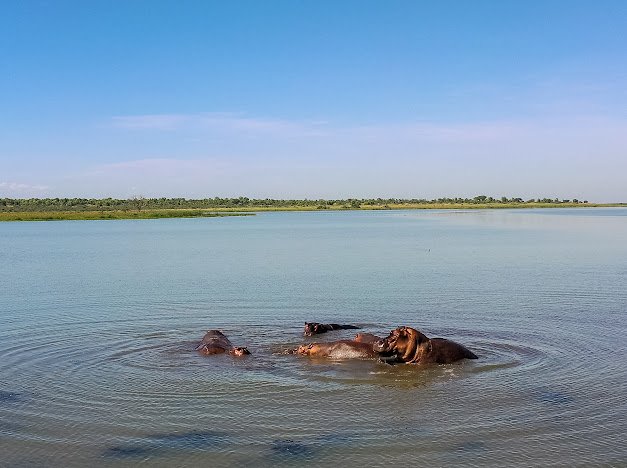
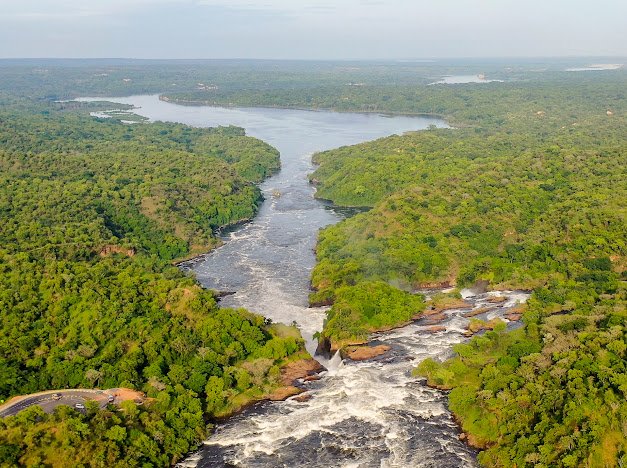
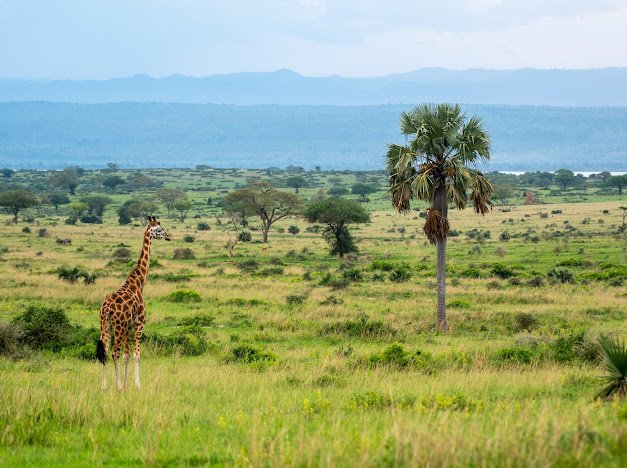
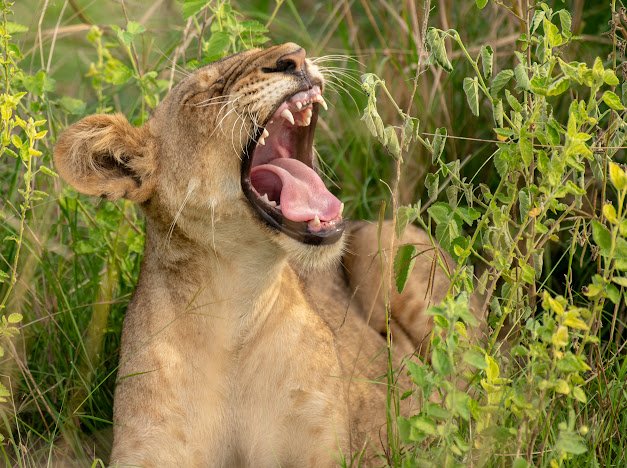
UGANDA: GREAT APE TREKKING
This 9-day journey through western Uganda combines wildlife observation and conservation with cultural immersion. Highlights include chimpanzee and gorilla trekking in Kibale and Bwindi, sustainable safaris in Murchison Falls National Park, and meaningful interactions with local communities, including the Batwa. This trip emphasizes ecological preservation, respect for indigenous cultures, and support for local economies.
-
$3950 USD per person (shared accommodation, 2 people per room).
Single supplement $350 (for a single room).
Includes:
Accommodations, three meals daily, guide, wildlife permits, ranger services, private transportation, all entrance fees, and payment processing fees by Visa/MasterCard.
Does not include:
Any flight tickets, personal spending, insurance, visa fees, additional food and drinks, tips for local staff, and anything not explicitly mentioned as included.
-
9 Days / 8 Nights
-
Maximum 8 people, minimum 2 people.
-
Entebbe, Uganda (optional exit to Kigali, Rwanda at additional cost)
-
Moderate.
The physicality of this trip ranges from moderate to challenging, catering to travelers with a good level of fitness and mobility. The tour includes several activities that require physical exertion and endurance.
Nature Walks and Rhino Tracking at Ziwa Rhino Sanctuary: This involves light to moderate walking on uneven terrain, suitable for most fitness levels.
Game Drives: These are generally not physically demanding, as they involve observing wildlife from a vehicle.
Hiking to Murchison Falls: This hike can be moderately challenging, involving walking on uneven and possibly steep terrain to reach the viewpoints.
Chimpanzee Trekking in Kibale National Park: This activity is moderately strenuous, requiring walking through dense forest and uneven terrain, often for several hours.
Gorilla Trekking in Bwindi Impenetrable National Park: This is the most physically demanding part of the tour. It involves trekking through dense rainforest, and navigating steep, muddy, and uneven ground. The duration can vary from a few hours to a full day, depending on the location of the gorillas, and requires a good level of physical fitness.
Cultural Activities and Community Visits: These are generally light and involve walking around villages or participating in cultural activities, suitable for most travelers.
Additional Activities at Lake Bunyonyi: Activities like canoeing or quad biking require a moderate level of fitness.
Overall, while the tour is rich in experiences and adventures, it does require participants to be reasonably fit and comfortable with walking and hiking in various terrains. The most physically demanding activities are the primate treks, which are rewarding but can be challenging. Participants should be prepared for several hours of physical activity on some days.
Coming Micro Group Departures
(or contact us to arrange a private trip.)
THE LOCATION
Southwestern Uganda is a region of unique ecological importance and stunning natural beauty, characterized by its lush rainforests, rolling hills, and rich biodiversity. Home to the ancient Kibale and Bwindi Impenetrable Forests, these protected national parks have become a haven for endangered species such as mountain gorillas, chimpanzees, and a variety of primates.
The region is also culturally vibrant, inhabited by the Batwa pygmies and Bakiga tribes, each with distinctive traditions and lifestyles. The Batwa, known for their deep forest connection, and the agriculturalist Bakiga shape the cultural and economic landscape of this area.
However, the beauty and uniqueness of southwestern Uganda come with a fragility that requires careful management. The coexistence of endangered wildlife and local communities presents challenges and opportunities in conservation and sustainable development.
THE ACTIVITIES
Great ape trekking is the highlight of this trip. The first is chimpanzee trekking in Kibale National Park, which involves navigating through dense forest terrain to observe them in their natural habitat. The second is the gorilla trekking in Bwindi Impenetrable Forest, a challenging experience as you traverse rugged rainforest landscapes to find endangered mountain gorillas.
You’ll also go for safari game drives in Murchison Falls. The first is an evening drive upon arrival, offering initial wildlife sightings. The second is a morning drive, providing opportunities to see a wide range of wildlife, including the chance to spot the African Big 5.
The itinerary includes cultural immersion activities, such as an evening with the Batwa community in Bwindi and several homestays and culinary experiences throughout the trip. These activities provide insights into the ways of life and traditions while supporting local families.
THE PEOPLE
In the Bwindi region, the Batwa people, traditional forest dwellers with deep forest ties, face challenges due to their displacement following the creation of the National Park for gorilla conservation. This has led to significant cultural and socioeconomic shifts as they adapt to life outside their ancestral forest home.
The Kibale area is primarily inhabited by the Bakiga and Batooro tribes, known for their agricultural practices and rich cultural traditions in dance and music. The proximity of their farmlands to the Kibale forests leads to human-wildlife conflicts, especially with crop-raiding primates, and issues of forest encroachment for agriculture.
Around Murchison Falls, diverse ethnic groups including the Alur, Acholi, and Luo, engage in farming and fishing. The establishment of the national park restricts access to traditional lands and fishing areas, causing tension and increased poaching. Efforts to balance conservation with community needs are crucial in this region.
THE COST
The total cost of this trip is $3950 USD per person based on a group size of 2-8 individuals in shared rooms.
The trip includes three meals daily, accommodation, guides, private transportation, wildlife and national park permit fees, ranger support, drinking water, and payment processing fees by Visa/MasterCard.
The cost does not include any flight tickets, visa fees, personal spending, insurance, additional food and drinks, tips for local staff, and anything not explicitly mentioned as included.
10% of all profits on this trip are donated to a Ugandan changemaker in the conservation and environmental regeneration space.
-
You’ll be met upon arrival at Entebbe International Airport in Uganda by your local team ready to explore. The first day is an arrival day where you can enjoy wonderful food and a relaxing atmosphere just outside Entebbe.
Overnight: Pineapple Guesthouse
-
Begin your eco-conscious adventure from Kampala, heading towards Murchison Falls National Park. En route, visit the Ziwa Rhino Sanctuary, a vital hub for rhino conservation, and enjoy a guided nature walk to observe these majestic creatures. Lunch will be enjoyed at a local spot, with opportunities for photo sessions along the way. The day concludes with an evening game drive through the savanna before settling in at a community-based homestay, where you'll enjoy a locally-sourced dinner.
Overnight: Homestays
-
After a sustainable, locally-sourced breakfast, embark on a morning safari in Murchison Falls National Park, a sanctuary for diverse wildlife including lions, leopards, buffalos, and elephants. This is followed by an eco-friendly boat ride on the Victoria Nile, leading you to the base of Murchison and Uhuru Falls. After lunch with a view, hike to the top of the falls for breathtaking scenery, before concluding the day with another wildlife drive.
Overnight: Homestays
-
Journey to Kibale National Park, the primate capital of East Africa. The drive offers stunning views of the Albert Escarpment and, weather permitting, a glimpse of the Blue Mountains in the DRC. Experience local life with a stop at Hoima central market, where you can learn about and purchase organic Ugandan produce, providing insight into the region's culinary traditions. You will also get to visit a local tea estate in the late afternoon to observe tea cultivation as Uganda is a major producer and exporter of black tea.
-
You’ll depart the lodge in the early morning to head to the entrance to Kibale National Park’s chimpanzee sector. Here you’ll meet our closest genetic relatives, the chimpanzees, and observe other primates and diverse birdlife in their natural habitat. Led by a Ugandan wildlife ranger from the park, you will carefully and responsibly track these animals, observe their behavior, find their sleeping nests in the trees, and, if lucky, watch them as they descend to the ground to socialize and forage.
In the afternoon you’ll embark on a swamp walk in Bigodi, showcasing rich biodiversity, followed by participating in a community-led local food preparation, tasting organic Ugandan delicacies in the late afternoon. Here, you can learn about traditional cooking methods from local women.
-
Travel overland, south to the enchanting Bwindi Impenetrable National Park, with a lunch stop in Kabale. The evening is dedicated to the Batwa community experience, where you'll gain insights into the indigenous culture and traditions, followed by a homestay experience, embracing local hospitality.
-
Experience the highlight of the trip – trekking through Bwindi's rainforest to encounter the majestic mountain gorillas. This unforgettable journey balances ecological sensitivity with the thrill of observing gorillas in their natural habitat. You’ll begin just after sunrise, to meet the rangers and have a safety briefing before starting out into the dense jungle. Bushwhacking through, you’ll hike for several hours to find the gorillas, who are carefully monitored by rangers. Once you locate the family, you’ll get one hour to fully observe them. The experience is beyond special.
Post-trek, head to Lake Bunyonyi for activities like canoeing, island boat rides, or quad biking, based on arrival time.
-
After breakfast, you’ll drive back to Entebbe, a long 10-hour driving day.
Overnight at the Pineapple Guesthouse in Entebbe.
-
Departures from Entebbe International Airport (no planned activities today).
The following itinerary is meant to serve as a guideline for the trip, rather than an exact play-by-play. As is true of all inertia experiences, we leave room for sporadic interactions, unforeseen opportunities, and time buffers to compensate for unexpected scenarios.
MOUNTAIN GORILLAS
Track mountain gorillas in the fabled ancient rainforest at Bwindi.
SAFARI GAME DRIVES
Look for the African lions, leopards, giraffes, elephants, crocodiles and more in Murchison Falls.
CHIMPANZEES
Meet our closest genetic relatives up close and personal in the Kibale rainforest.
LOCAL HOMESTAYS
Learn from local people by staying in homestays and participating in cooking lessons and other cultural activities.
MICRO GROUP TRIPS
All Micro Group Trips are limited to a fixed maximum and a minimum number of participants (2~8 people) to ensure a safe, intimate, and sustainable experience.
If available, fixed departure dates are listed below. Click on a date to sign up.
If no trip dates are available, private trips or extra dates can be organized according to your schedule pending our guides’ availability. Contact us to arrange a private trip.
Want to travel independently or don’t see dates that work with your schedule?
Contact us to arrange a private trip instead.
-
You will sleep in a mix of guesthouses, homestays, and wildlife lodges during the trip. All accommodations are clean and comfortable but also locally-owned and operated as a big part of our mission is to be as socially and environmentally responsible as possible.
-
Uganda is generally safe for tourists, but like any destination, it's important to take standard safety precautions. Be aware of your surroundings, avoid walking alone at night, and keep valuables secure, especially in urban areas including Kampala, where robberies, pickpockets, break-ins (including in hotels), phone snatching, and muggings are relatively common.
-
The best times are during the dry seasons, from June to September and December to February, which are ideal for wildlife viewing and gorilla trekking.
-
Vaccinations for yellow fever are mandatory. It's also recommended to get vaccinations for typhoid, hepatitis A and B, and routine vaccinations updated. Consult with a travel health clinic for the most current advice.
-
Most foreign nationals require a visa to enter Uganda. Visas can be obtained on arrival for some nationalities, but it's recommended to apply in advance through Uganda's online e-Visa system. Always check the latest requirements for your specific country before traveling.
-
Mountain gorillas can be seen in Bwindi Impenetrable National Park and Mgahinga Gorilla National Park. Treks should be arranged in advance as permits are limited. The current permit fee is $750 USD per person per trek. Bookings should be done through reputable and responsible operators. We include the mountain gorilla and chimpanzee trekking permits on all of our trips.
-
The Ugandan Shilling (UGX) is the local currency (the average trading rate to the USD is between 3600-3800 UGX over the last 5 years or so). Credit cards are accepted in major hotels and some businesses in urban areas, but cash is preferred in rural areas.
-
Dress modestly, especially in rural and religious areas. Always ask permission before taking photos of people. Handshakes are common when greeting, and using the right hand is considered polite.
-
This is a moderately rugged trip that involves multiple day hikes in dense bush and jungle, often times not on a path (of between 2-5 hours per trek). As long as you are physically and mentally ready to handle this, then you can do this trip.
-
The local cuisine in Uganda features fresh vegetables, rice, meat, bananas, cassava, greens, and beans. Tailoring our meals for vegetarians and vegans is not very difficult as long as we know in advance.
It's a good idea to communicate your needs in advance or carry your own snacks.
-
Driving times and road conditions in Uganda can vary greatly. WHile the highways are all paved and ver well maintained, rural roads are mostly dirt. You can expect a total amount of driving time of around 20 hours over the course of this 9-day trip.
-
You can check out our suggested packing and preparation guide to Uganda here.
-
Malaria is prevalent across Uganda, even in the dry season. Prophylactic medication is recommended, along with using mosquito nets and insect repellent. Malaria treatment is widely available in Uganda, but preventative medications are much harder to find.
-
International roaming is available, but purchasing a local SIM card is often more economical. Wi-Fi is available in hotels and some cafes in larger cities, but connectivity can be limited in remote areas. Mobile data is more prevalent than actual wifi zones and local plans are cheap and decently reliable. You can get a SIM card and data plan at Entebbe Airport.
-
Besides malaria, there's a risk of waterborne and foodborne diseases. Drink bottled or treated water and eat well-cooked food. Access to medical facilities can be limited, especially in rural areas.
-
Support local businesses, respect wildlife and natural habitats, minimize waste, use water sparingly, and be culturally sensitive and respectful.
-
Always ask for permission before photographing people. Avoid taking pictures of military, government buildings, and airports. Be respectful and sensitive to local cultures.
-
Drone usage requires permission from the Civil Aviation Authority (CAA) in Uganda. It's illegal to fly drones in national parks without specific permission from the Uganda Wildlife Authority. While it may be possible to sneak a drone into Uganda, as not all bags are scanned carefully, you should be aware if your drone is discovered by Ugandan customs it will be confiscated and held in storage in the airport. You can collect it again as long as you are flying out of the same airport internationally.











